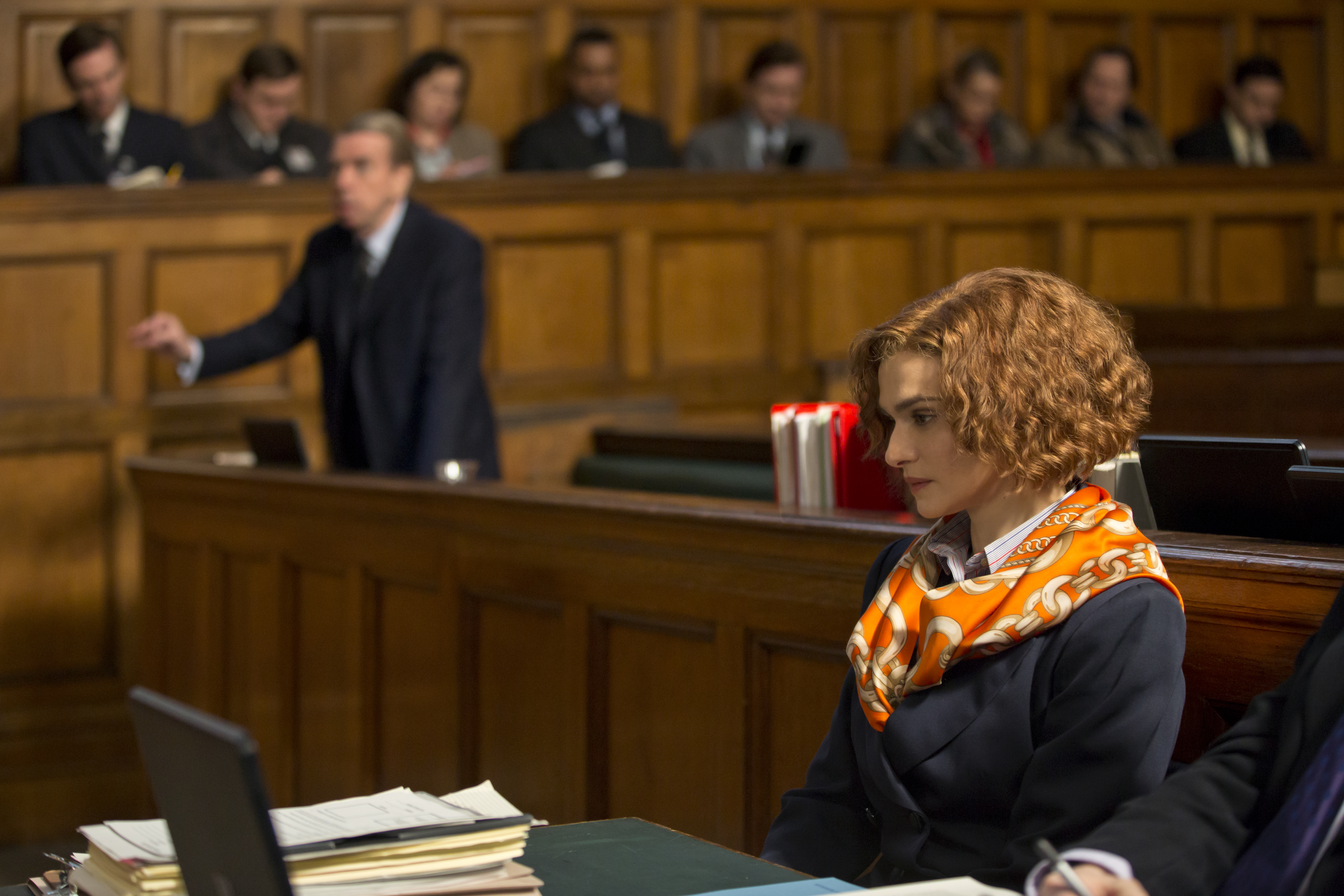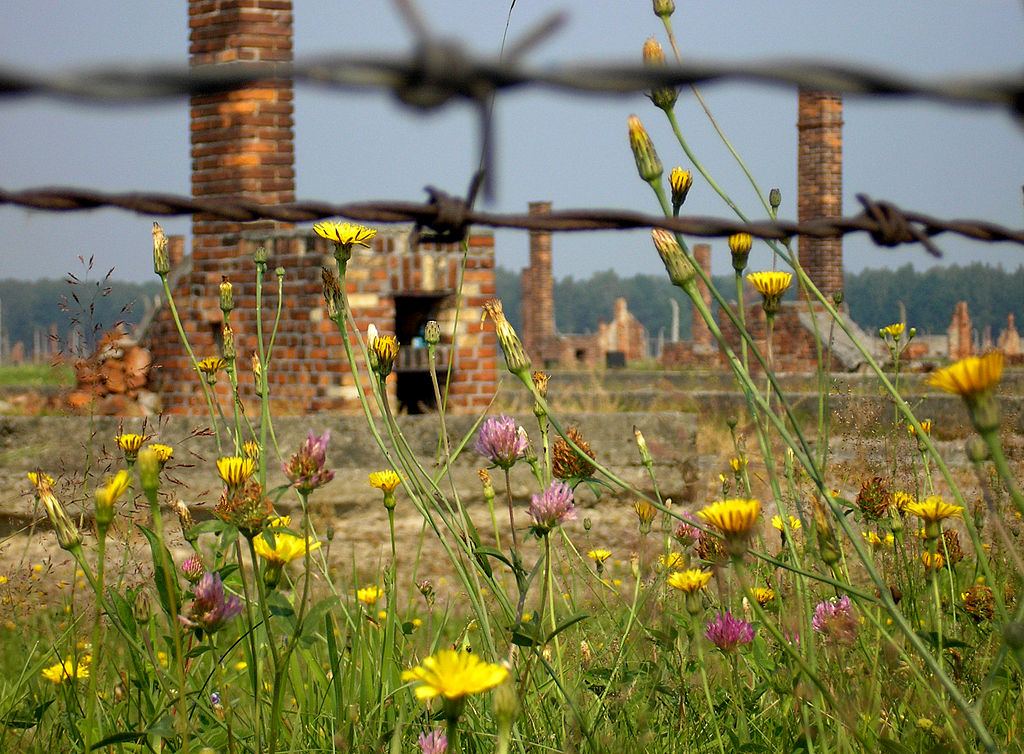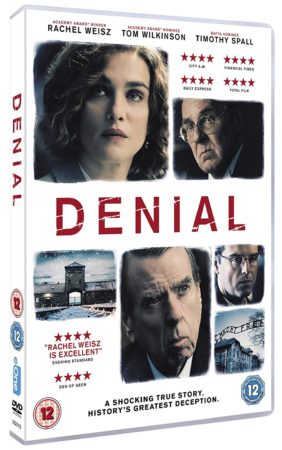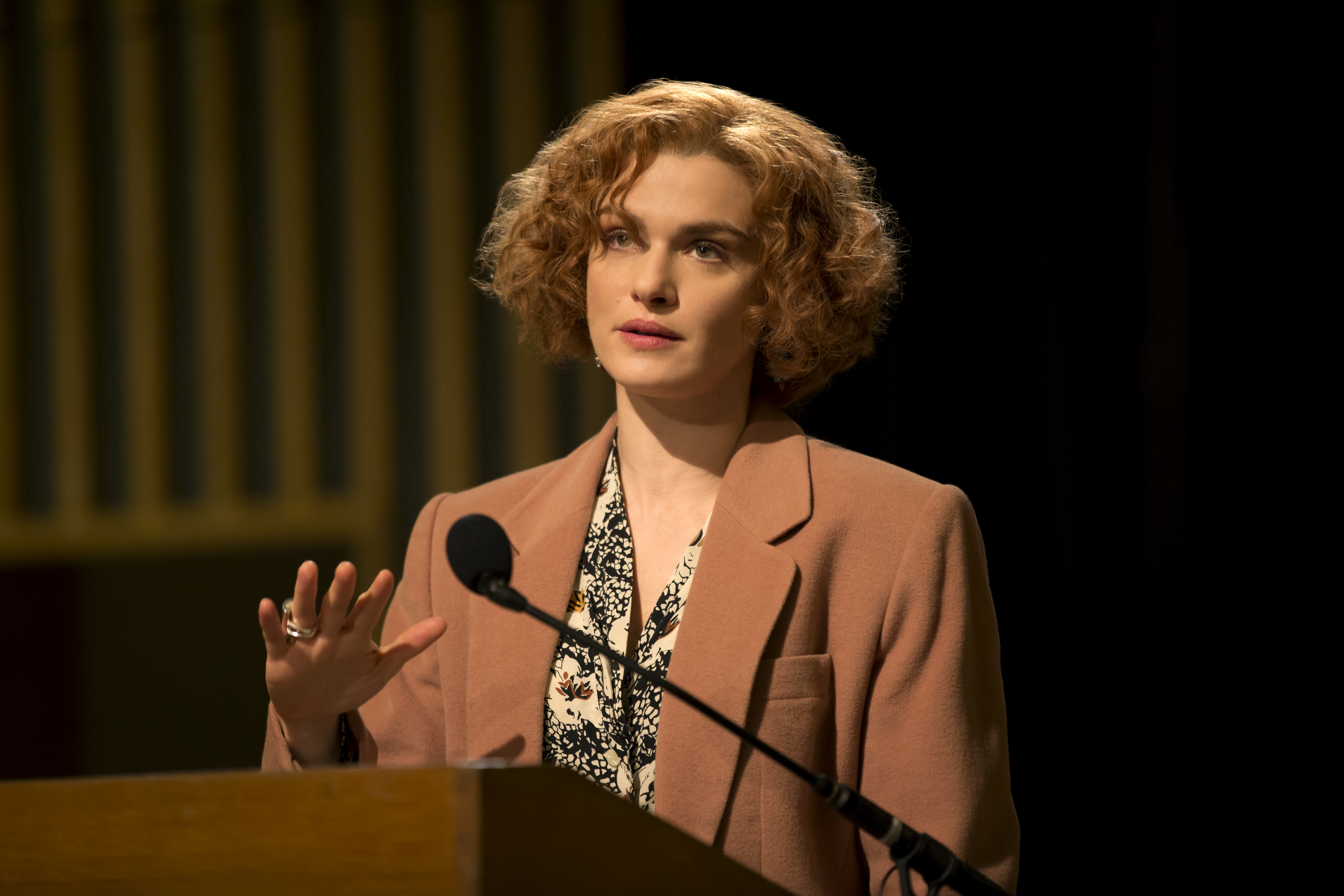It’s something of an irony that Professor Deborah Lipstadt was forced to cross her own line.
Tasked to chart the evolution of a fringe belief she had previously disregarded as a crackpot irrelevance, Lipstadt’s effort – Denying the Holocaust: The Growing Assault on Truth and Memory (1993) – remains a seminal text in understanding not just the poisonous evolution of Holocaust denial, but offers a template for dissecting all manner of historical distortion.
Throughout Denying the Holocaust Lipstadt explains her refusal to directly engage with Holocaust deniers, to take part in broadcast debates and normalise lies by treating them as a position in an argument that should be, as a point of principle, based on good faith. Based on truth. The British military historian-turned-far right demagogue David Irving had other ideas, challenging the accusation that he was a Holocaust denier in court. By making Lipstadt the subject of a libel case in the UK rather than her native US, the burden of proof was shifted to the accused and Lipstadt was forced to break the habit of a lifetime.
She had to engage or else, she says in her broad Queens accent, “unleash a Pandora’s box of horrors.” If she had settled or brushed it off as some encouraged her to do rather than give Irving and his creed a platform “he would have been able to claim that his version of the Holocaust was valid.
“I had no choice but to fight this guy.”
This bruising gladiatorial bout between truth and deception at the High Court is the subject of the recent film Denial, which stars Rachel Weisz as Lipstadt and Timothy Spall as Irving. Though Lipstadt emerged victorious and Irving was shorn of his phantom respectability and cast into the wilderness, he had forced her into exactly the sort of confrontation she had been resolute about avoiding.

“It was difficult because as an academic, as a historian, I do my own work. I do my research, I figure out what I’m going to write, I write it, maybe I have a research assistant to help me but the work is mine – I don’t depend on someone else,” explains Lipstadt.
“Here I was having to depend on other people. Thank God, they were great people and they were tremendously committed to this. They were at the top of their game, [solicitor] Anthony Julius and [lawyer] Richard Rampton, they don’t come better than that, so I was entrusting my quote-unquote fate in the courtroom to tremendously talented people. But that still was difficult.”
If Irving could claim another pyrrhic victory, it’s this: after Lipstadt finished Denying the Holocaust, she thought she was done with the whole torrid subject. Irving not only pulled her back in, but has ensured the forthright academic has remained on the frontline ever since. Not just against Holocaust denial and what she calls “soft denial”, rhetorical attempts to undermine the unique Jewish aspect of the Holocaust, but against any and all abuses of history.
The words themselves may have the appearance of neologisms, but “alternative facts” and “fake news” are nothing new – you can see their fingerprints on the anti-Semitic ‘stab in the back’ myth that steered Germany toward National Socialism, or the crude innuendo swirling around ‘mad monk’ Grigori Rasputin that helped steer the creaking Russian Empire toward revolution. The rise of populist anti-establishment politics in both Europe and North America, however, has seen many of the tropes she identified in Denying the Holocaust cross over into the mainstream, cluttering up Facebook feeds and populist press with their distorted reimaginings of the slave trade, the crusades, and the world wars.
“We see it over and over again,” agrees Lipstadt. “And by the way, we see it from the right and we see it from the left, we see it on both sides. We see it with [former London mayor] Ken Livingstone and his attempt to tie Zionists with Nazis and say, you know, ‘The Nazis trained Zionists etc’ which is all bunk, complete bunk, based on one commercial contract that the German Zionist Organisation had with the Nazis from August ‘33. From that Ken Livingstone builds a whole panoply of charges which just are not true.
“Then you get [French presidential candidate] Marine le Pen – yes she lost, but she got 35% of the votes so she’s not going away so fast – who a couple of weeks before the election said that France had nothing to do with the roundups [of Jews] in the summer of 1942. When you look at the images you only see French officers, French policemen. So you have this denial from the right, and this changing of the facts from the left. It’s open season on facts.”

For Lipstadt, it’s absolutely vital that historians play a role in this war on truth, just as she did when David Irving gloated “that more women died on the back seat of Senator Edward Kennedy’s car at Chappaquiddick than ever died in a gas chamber at Auschwitz.”
“Given the current attack on facts, given the blatant way in which facts are changeable, deniable, ignorable, whatever simile you want to use, it’s incumbent on academics in general, and in particular historians, to become public intellectuals. When I was starting my career anybody who wrote op-eds, anybody who was active speaking with reporters and all that was sort of disdained as not being serious academics. But the fact of the matter is that we can no longer afford that.
“I think historians, whatever their field, if there’s something that applies to what they do, they have to speak out. They have to be very careful to not speak out in a partisan fashion so that what they have to say can be dismissed or discounted as partisanship. Whether they’re against Trump or for Brexit, or opposed to Brexit, whichever it may be, it’s very important that now more than ever historians speak out.
“Not everyone is capable of doing it. Some fine scholars, fine historians, aren’t built for that kind of battle but if they know the facts, they know the truth so that when Ken Livingstone plays with your history – and I don’t care what your personal political outlook is – when he takes your history and twists it for his own political purposes, or Marine le Pen takes the history and twists it, no-one has more credibility on this than historians.”
 Part of the problem, however, is that historians can counter distortions of history but it’s the distortion that leads the agenda – the lie takes centre stage in a headline or soundbite while the truth follows in its shadow. Could it be that if historians want to win the fight, they have to lead the discussion? For example, when a city in the Southern United States moves in on its memorials to Confederate generals, should historians get in front of that before their sober interjections become lost in the politically charged back and forth?
Part of the problem, however, is that historians can counter distortions of history but it’s the distortion that leads the agenda – the lie takes centre stage in a headline or soundbite while the truth follows in its shadow. Could it be that if historians want to win the fight, they have to lead the discussion? For example, when a city in the Southern United States moves in on its memorials to Confederate generals, should historians get in front of that before their sober interjections become lost in the politically charged back and forth?
“I think it’s important,” agrees Lipstadt. “You have to be careful because you don’t want to shoot your wad, as they say in gambling – or use all your ammunition – in getting too far ahead, but I think you’re right. Sometimes as soon as the issue comes up, as soon as the mayor of the New Orleans begins talking about taking down those statues let’s be reminded by the historians who those were statues of. Yes, Robert E Lee was a Confederate general and was very much respected, but what was he defending? He was defending the Confederacy which was enslaving people. Some of those statues were of people who didn’t have as much credit as Robert E Lee did, you know?
“We’re in a crisis mode, I would say, not just because of my country but in your country, England as well, in many places where facts are up for grabs. Facts don’t count, they’re twisted and when it comes to history historians can play a very important role. They have special credibility, and they have to use it.”
Denial is available on DVD from 5 June and is now now to download. For more 20th century history, subscribe to All About History for as little as £26.
